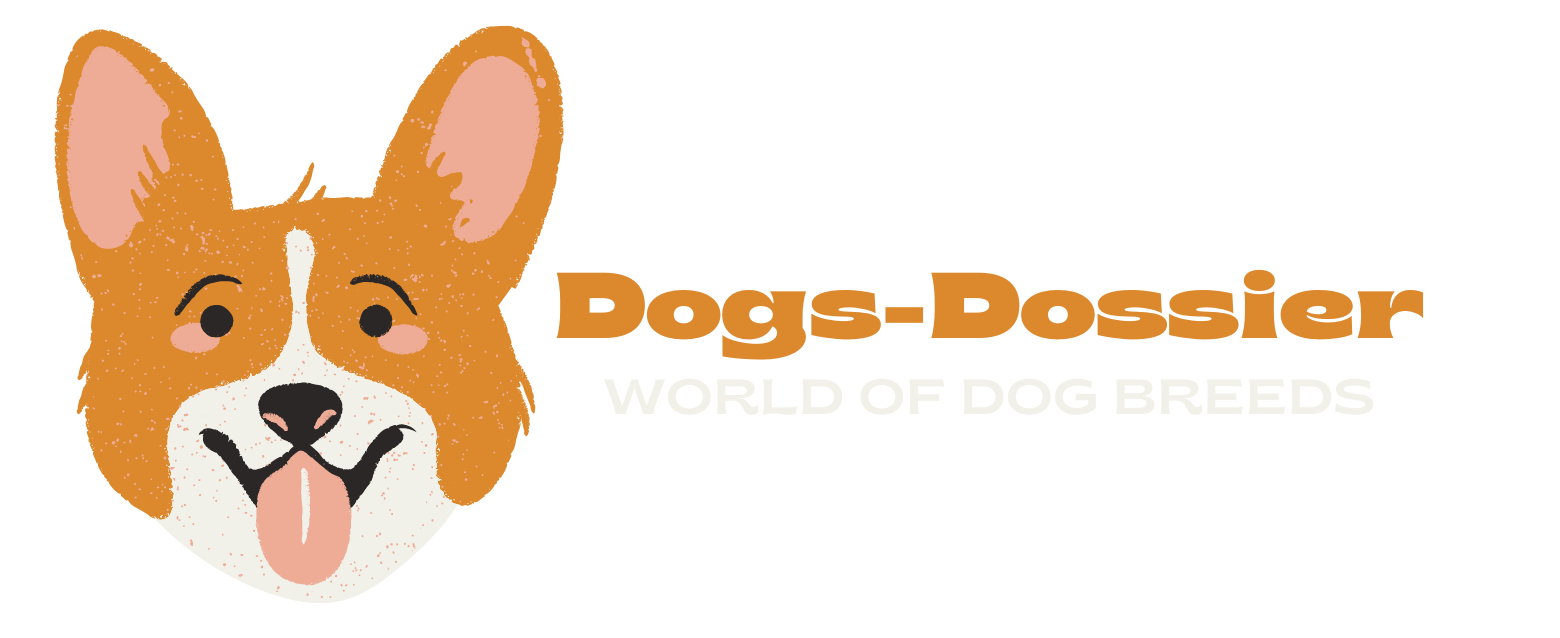Are Beagles the Dumbest Dogs? Debunking the Myth
Beagles are often unfairly labeled as the “dumbest” dogs due to misconceptions surrounding their behavior and intelligence.
In this article, we’ll delve into the truth behind these claims, exploring the factors that contribute to a dog’s intelligence and shedding light on the true nature of these beloved hounds.
Beagles Breed
Beagles are a popular breed known for their friendly demeanor, expressive eyes, and distinctive howl. Originally bred as scent hounds, they possess an innate ability to track scents with remarkable accuracy, making them invaluable hunting companions. However, their intelligence has been a topic of debate among dog enthusiasts.
Are Beagles the Dumbest Dogs?
Despite common misconceptions, Beagles are not the “dumbest” dogs. This label stems from misunderstandings rather than factual evidence.
In reality, Beagles possess a unique intelligence that may not always align with conventional measures.
Their behavior and temperament often lead to misinterpretations about their cognitive abilities, but a closer examination reveals their true intelligence.

Debunking the Myth
The perception of Beagles as “dumb” dogs is rooted in their independent nature and occasional stubbornness. However, these traits should not be equated with low intelligence.
Instead, they reflect the breed’s strong-willed personality and history as hunting dogs.
Beagles’ ability to think for themselves and make decisions independently is a testament to their intelligence, not a sign of stupidity. Understanding and appreciating these qualities is essential for debunking the myth of Beagles as the dumbest dogs.
Reasons for Perceived “Dumb” Behavior in Beagles
Several factors contribute to the misconception that Beagles are the dumbest dogs, including their independent nature and high energy levels.
Independent Nature
Beagles are renowned for their independent streak, a trait inherited from their hunting ancestry. While this independence is often misconstrued as disobedience or aloofness, it is a reflection of their self-reliance and determination.
Beagles have a strong instinct to follow their noses and pursue scents, which can sometimes lead to them appearing distracted or unresponsive. However, this behavior does not indicate a lack of intelligence but rather a focus on their instincts.
High Energy Levels
Another factor contributing to the perception of Beagles as the dumbest dogs is their high energy levels. Beagles are a breed known for their boundless energy and enthusiasm for life.
They require ample physical activity and mental stimulation to thrive, and without proper outlets for their energy, they may engage in behaviors that are misunderstood as signs of low intelligence.
Barking, digging, and chewing are common behaviors exhibited by Beagles when they are not adequately stimulated, leading some to erroneously label them as unintelligent.
However, with the right exercise and enrichment, Beagles can showcase their true intelligence and problem-solving abilities.
Understanding Intelligence in Dogs
Intelligence in dogs is not a straightforward concept; rather, it’s a complex interplay of various skills and behaviors. Unlike humans, who often measure intelligence through standardized tests, assessing canine intelligence requires a nuanced understanding of their abilities.
Dogs exhibit intelligence in diverse ways, including problem-solving skills, emotional intelligence, and social cognition. It’s crucial to recognize that intelligence in dogs is not limited to obedience or following commands; instead, it encompasses a wide range of cognitive functions.
Different Types of Intelligence
Dogs, like humans, display different types of intelligence that can vary across breeds and individuals. Problem-solving skills involve the ability to navigate challenges and find solutions independently.
Social intelligence refers to a dog’s understanding of social cues, emotions, and relationships, both with humans and other animals.
Obedience, while important, is just one aspect of intelligence and may not fully capture a dog’s overall cognitive abilities. Understanding these different types of intelligence helps us appreciate the diverse ways in which dogs demonstrate their mental prowess.

Factors Affecting Intelligence in Dogs
A dog’s intelligence is influenced by a combination of genetic predisposition, environmental factors, and training experiences. Genetics lay the foundation for a dog’s potential intelligence, with certain breeds bred for specific tasks requiring high levels of cognitive function.
However, environmental factors such as socialization, exposure to novel stimuli, and mental stimulation play a crucial role in shaping a dog’s cognitive development.
Positive training methods and enriched environments can enhance a dog’s intelligence and unlock their full cognitive potential.
Assessing Intelligence in Beagles
Assessing a Beagle’s intelligence requires careful observation of their behavior and responses to various stimuli. While standardized tests exist for measuring canine intelligence, they may not fully capture the complexity of a Beagle’s cognitive abilities.
Instead, assessing intelligence in Beagles involves observing their problem-solving skills, adaptability to new situations, and social interactions.
Factors such as curiosity, persistence, and the ability to learn from past experiences are indicative of a Beagle’s intelligence. By understanding and appreciating these nuances, we can gain a deeper insight into the cognitive abilities of these intelligent hounds.
Behavioral Characteristics
Beagles are known for their curious and inquisitive nature. They are highly motivated by their sense of smell and may become easily distracted when tracking scents. While this behavior can sometimes be mistaken for lack of intelligence, it’s important to recognize that it’s a natural instinct for the breed.
Trainability and Problem-Solving Skills
While Beagles may not always excel in obedience training, they are intelligent dogs capable of learning complex tasks. Their problem-solving skills and persistence make them adept at tasks that engage their natural instincts, such as scent work and agility training.
Tips for Enhancing Beagle Intelligence
There are several strategies that Beagle owners can employ to enhance their dog’s intelligence and cognitive abilities.
Mental Stimulation Activities
Beagles thrive on mental stimulation, and engaging them in activities that cater to their natural instincts can help keep their minds sharp. Interactive toys that dispense treats or require manipulation to access rewards are excellent choices for stimulating their problem-solving skills.
Puzzle games, such as treat-dispensing puzzles or hide-and-seek games, provide mental enrichment while satisfying their curiosity.
Additionally, scent work exercises, where Beagles are tasked with finding hidden treats or toys based on scent cues, tap into their exceptional olfactory abilities and provide a rewarding mental challenge.
Positive Reinforcement Training
Positive reinforcement training is an effective method for enhancing a Beagle’s intelligence and obedience. By using rewards such as treats, praise, and playtime to reinforce desired behaviors, owners can motivate their Beagles to learn new commands and tasks.
Consistency is key when training Beagles, as their intelligence and stubbornness may sometimes lead to resistance or distraction.
Patience and persistence are essential virtues for owners, as Beagles respond best to positive reinforcement techniques that focus on rewarding good behavior rather than punishing mistakes. With patience, consistency, and plenty of positive reinforcement, Beagles can become eager learners and showcase their intelligence in various settings.

Real-Life Examples of Intelligent Beagles
Beagles have proven themselves to be remarkably intelligent and versatile dogs in a variety of real-life settings. These examples highlight their adaptability and innate abilities, showcasing why they are much more than just beloved family pets.
In roles such as working dogs, Beagles excel in tasks like search and rescue missions, where their keen sense of smell and determination make them invaluable assets.
Similarly, as therapy dogs, Beagles demonstrate their emotional intelligence and empathy, providing comfort and support to individuals in need.
Additionally, in competitive obedience trials, Beagles showcase their obedience and problem-solving skills, earning accolades and recognition for their impressive performances.
These real-life examples underscore the depth of intelligence and the range of capabilities possessed by Beagles, challenging any misconceptions about their cognitive abilities.
Challenges of Owning a Beagle
While Beagles are intelligent and affectionate companions, owning one comes with its challenges.
Training Needs
Beagles have a reputation for being independent and sometimes stubborn, which can pose challenges during training. Consistent training and positive reinforcement techniques are crucial for channeling their energy and preventing behavioral issues.
Training should focus on reinforcing desired behaviors and providing outlets for their natural instincts, such as scent work or agility training.
Patience, consistency, and clear communication are key when training Beagles, as they respond best to positive reinforcement methods that emphasize rewards for good behavior.
Exercise Requirements
One of the biggest challenges of owning a Beagle is meeting their high exercise needs.
Beagles are a high-energy breed that thrives on physical activity and mental stimulation. Without adequate exercise, they may become bored and restless, leading to destructive behaviors such as excessive barking or chewing.
Daily walks, interactive play sessions, and engaging activities are essential for keeping Beagles mentally and physically healthy. Owners should be prepared to devote time and effort to providing their Beagle with regular exercise and enrichment opportunities to ensure their well-being.
Common Misconceptions about Beagles
Before delving into the topic of intelligence, it’s essential to address some common misconceptions about Beagles. One prevalent myth is that they are stubborn and difficult to train.
While Beagles can indeed be independent-minded, proper training and socialization can greatly influence their behavior.

FAQs: Dumb Beagle
Are Beagles easy to train?
While Beagles can be stubborn, they are intelligent dogs capable of learning with patience and positive reinforcement.
Do Beagles make good family pets?
Yes, Beagles are affectionate and sociable dogs that thrive in family environments.
Are Beagles good with children?
Beagles are typically good with children, but supervision is always recommended, especially with young children.
Do Beagles require a lot of exercise?
Yes, Beagles are an energetic breed that requires regular exercise to stay healthy and happy.
Are Beagles prone to separation anxiety?
Beagles can develop separation anxiety if left alone for long periods, so it’s important to provide them with companionship and mental stimulation.
Conclusion
In conclusion, Beagles are far from being the dumbest dogs. While they may exhibit independent behavior at times, their intelligence, problem-solving skills, and adaptability make them wonderful companions for owners who understand and appreciate their unique qualities.





